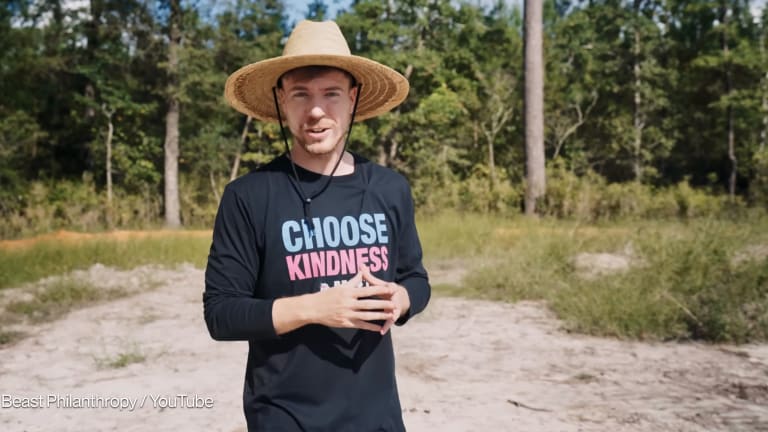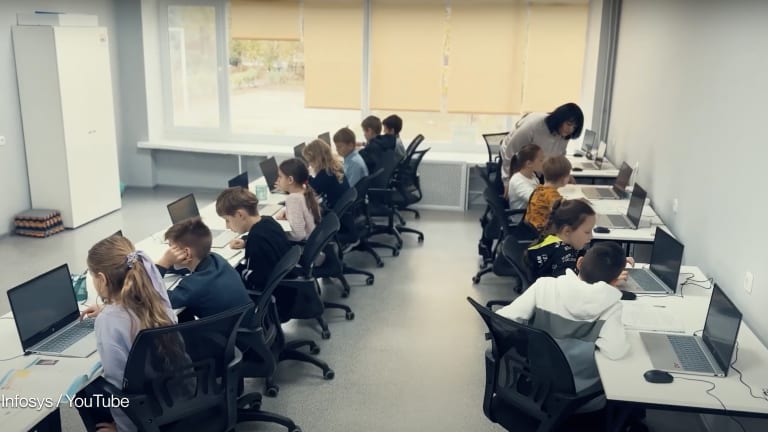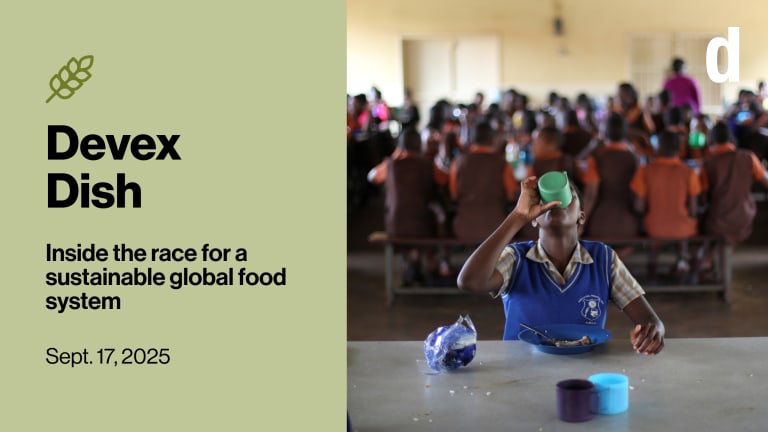
What do you do when you log in to Facebook?
The social media platform has made games such as Farmville immensely popular. Devex has created a trivia game called DevTrivia, for instance. And just recently, Facebook played host to a new social game developers claim “a force for social good.”
Sojo Studios’ WeTopia is a community-building game wherein players build houses, do business and plant crops – the usual plot game addicts are all too familiar with. The difference lies in the concept: For every 100 joys gained (which come in the form of hearts), a player can make a donation to a cause of his choice, without actually spending real money.
How does that work? The company earns revenues from advertisers and sponsors, and from game players who make in-game purchases in the form of Facebook credits. Fifty percent of its net profit then goes to its partner charities (e.g. Save the Children, Children’s Health Fund and buildOn) to fund various causes in the United States, Haiti and elsewhere. So players get to do charity for free, minus Internet and electricity costs.
Much of the game’s charity focus is on children – building schools and mobile dental clinics, launching literacy programs and sports clinics, and providing meals to school children in Haiti. There are similarities with Food Force, an old World Food Program-funded game revived by Konami Digital Entertainment. Food Force, which debuted on Facebook recently, funds WFP projects via virtual goods purchases. With Food Force, however, players spend money to do charity, same as with other social games on Zynga.
WeTopia engages players in the social good business. Lincoln Brown, Sojo Studios’ founder, got the inspiration to create something that combines play and philanthropy after witnessing drops in donations – due to lack of media coverage – in support of disaster-hit areas like Haiti. Advertisers know the value of online video and gaming; the aid community may be discovering it.
Read our previous #innov8aid blog post.








